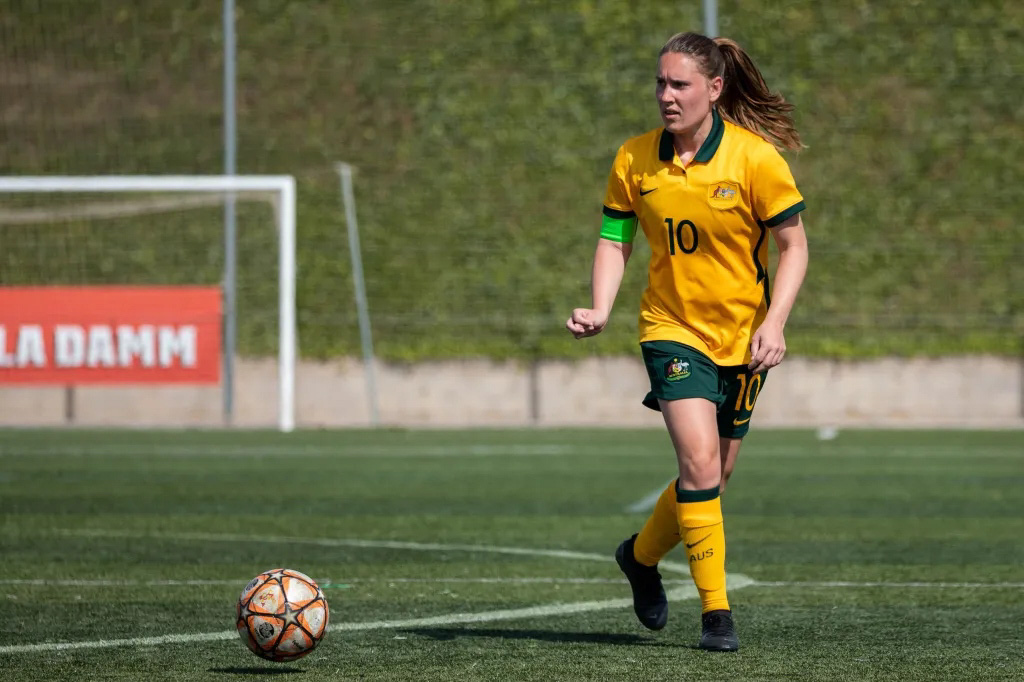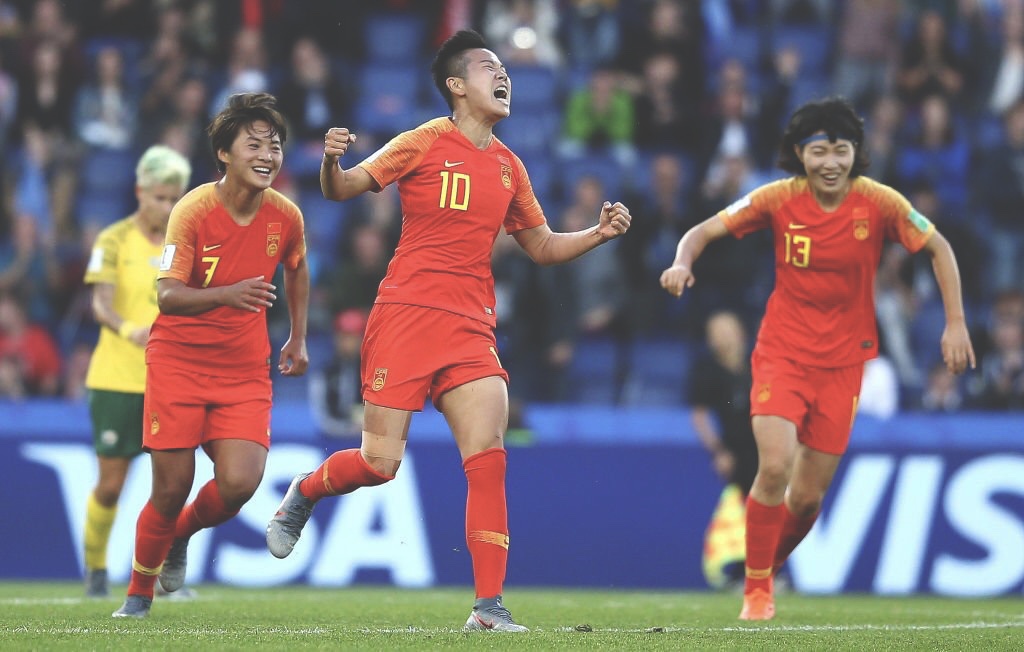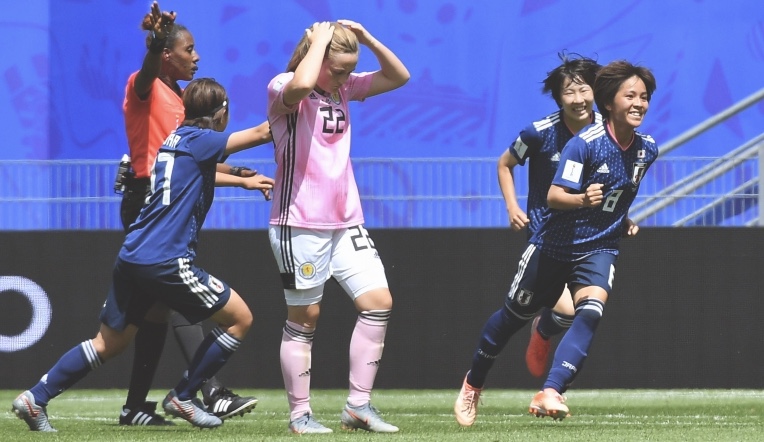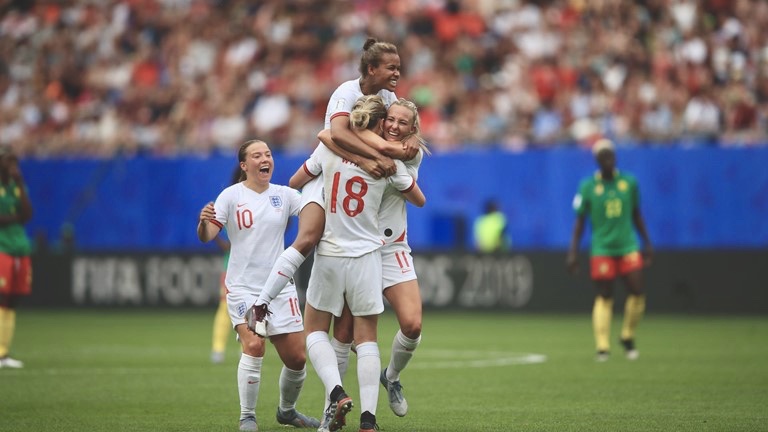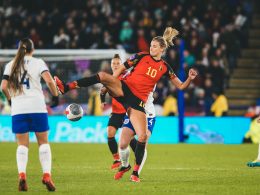The inaugural IFCPF Women’s World Cup recently took place in Salou, Catalonia involving five nations in a competition full of high quality football by players with inspirational backstories.
The tournament is for players with cerebral palsy, acquired brain injury, and symptoms of stroke. Matches are five-a-side with smaller goals, 25-minute halves, and no offside. Players are classed as FT1, FT2, and FT3 depending on how their disability affects a player, with at least one FT1 player and a maximum of one FT3 player required to be on the pitch at all times.
Competing at the first ever Women’s World Cup were USA, Australia, Japan, Spain and the Netherlands.
Ahead of the competition, Australia’s ParaMatildas head coach Kelly Stirton reviewed her squad with me: “Our whole team all have skills that we can utilise. Charlize Tran is the youngest player (aged 15). Lainee Harrison is super quick up-front. Georgia Beikhoff, one of our co-captains is nice and solid in that midfield and defensive line. Eloise Northam sits in the back-line – she is very agile and bubbly. She can also hit a cracker of a shot. Tahlia Blanshard is back from jaw surgery. We’ve been working to get her back on the pitch, she is there now and so solid, scoring goals in training which is awesome to see.
“Katelyn Smith in goal is great, really bubbly, and great with her feet. Nicole Christodoulou suffered two strokes when she was younger and has the passion, encouragement, and drive of the girls. Then there is Tilda Mason who is very quick and still learning football after coming to the game in 2019 from hockey. Being on the world stage will be different for her, but we have all the confidence in her. Holly Saunders is in goal too, still working on her touch, but she’s great too with her hands. There’s Rae Anderson too, a Paralympian, has played multiple sports and knows how to pick up the girls.”
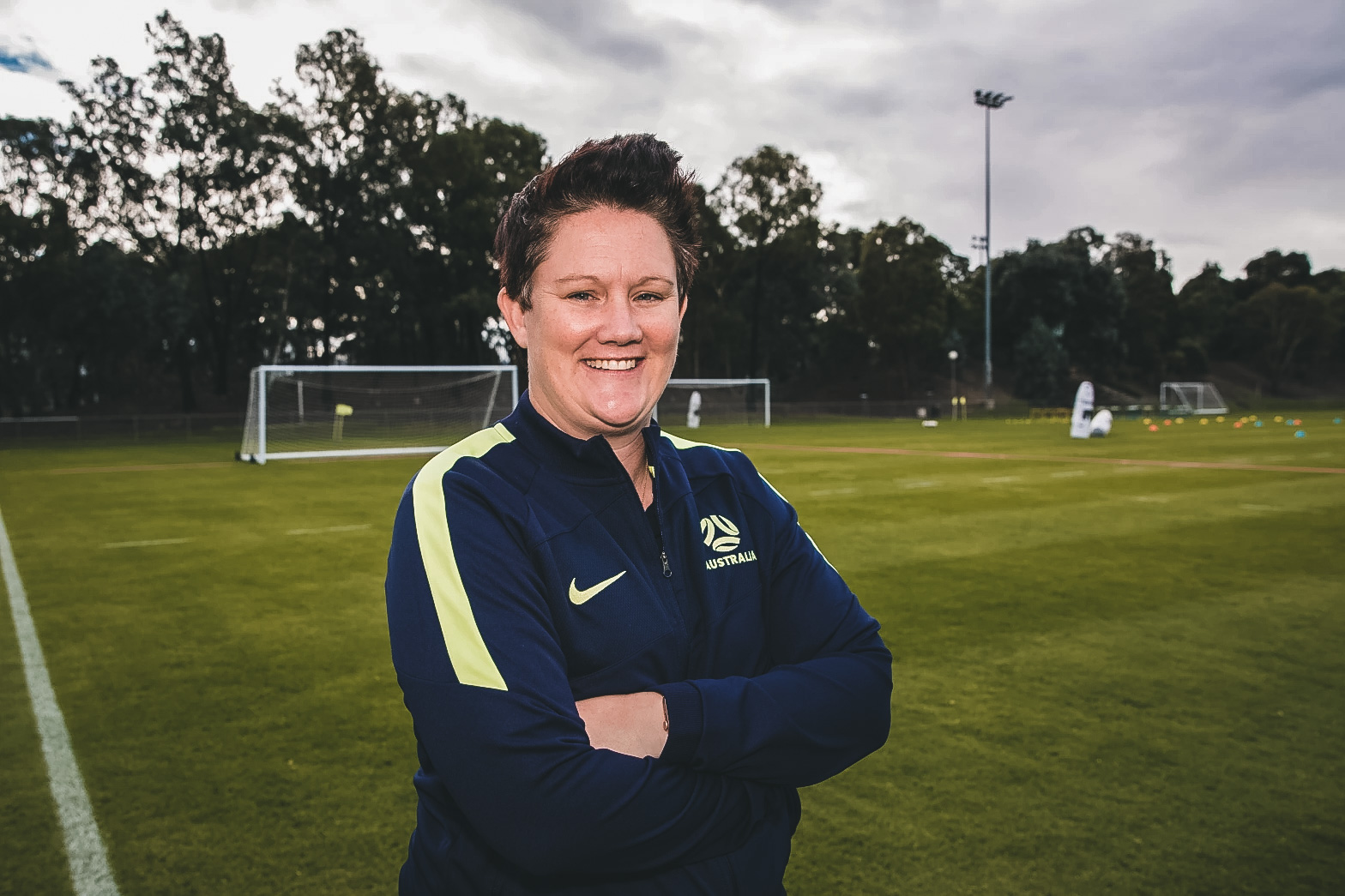
Western Australian based goalkeeper Smith is known for her incredible long range shooting as well as outstanding shot stopping. Smith scored two goals in the competition, in the ParaMatildas opening 12-0 win over the Netherlands, and in the Final against the USA.
Prior to that opening game with the Netherlands, Smith told me about some of the difficulties she had to overcome to be a footballer. “Playing with a disability is a challenge, particularly when playing in a mainstream setting. Being on an boys team as a girl makes it harder. Having the boys believe that you can do what they can do on top of having a disability on top makes it…,yeah, harder.
“I overcame it by just sticking to playing soccer and not listening to them. I blocked it all out and continued to play.”
Attacker Georgia Beikoff is an Australian para sporting icon. The Wollongong-born athlete won a bronze medal at the London 2012 Paralympics in the javelin, where she also competed in the 4 x 100m. Her team-mate Smith highlighted to me the main source of danger that Beikoff poses.
“Georgia has got a mean boot! As I’m the goalie, I just want to run behind the net (when she shoots) in training! She’s just got a big boot and her ball skills are incredible.”
When the action got underway on the pitch, Australia followed up their opening 12-0 win over the Netherlands with a 4-0 victory over Japan, an 11-0 win over Japan and a final group game loss to the USA by four goals to nil.
That outcome saw the ParaMatildas finish second in the group and go on to face the USA in the first ever Para Women’s World Cup Final.
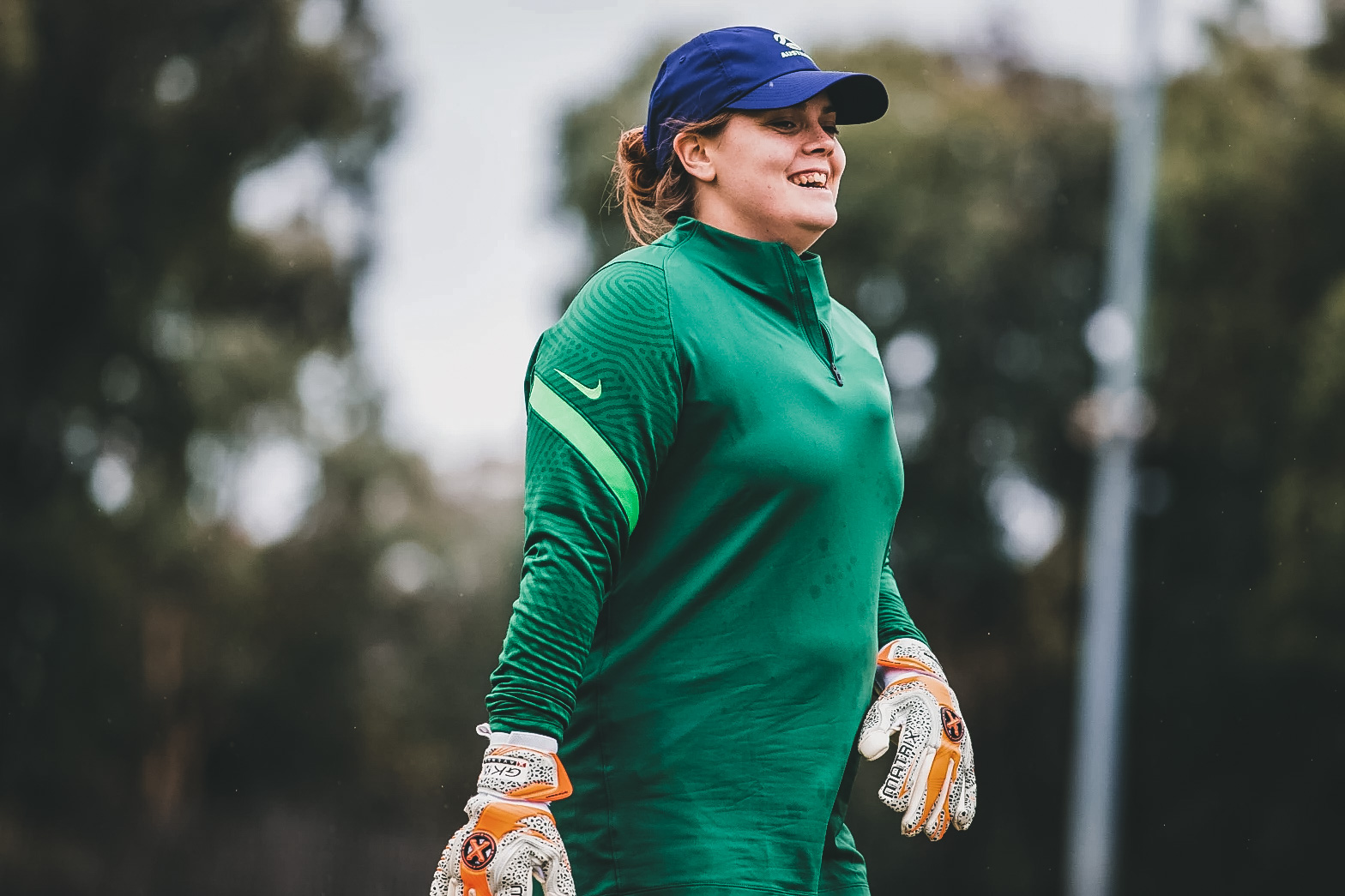
Across the group stage, the finishing skills of Beikoff brought her a tally of 13 goals which would see her go on to win competition’s golden boot. Ahead of the Final, I heard the star look back on the whirlwind journey that the team had been on.
“It’s been a really intense eight weeks since the team was put together,” Biekhoff reflected. “The girls have stepped up and it’s been a real big learning curve for us. This is just the beginning. I’m really excited for the future.
“Making the final is surreal. That’s the buzzword on this tour. There are no words to describe how we are feeling. I know that people are sending messages to us, which is really lovely. I’m really keen to go back home and see what happens now over the next couple of years.”
The final itself was a high quality affair that went all the way. Australia showed that they had learned from their group stage defeat by the USA but putting together a high paced pressing game and took the lead through Eloise Northam just before half-time.
However, at the break, America’s coach Tricia Taliaferro made some tactical changes, which included bringing on Jesslyn Kuhnel, who had a huge impact on the second half. Annie Wickett levelled the scores within four minutes of the restart and Kuhnel fired the USA ahead with a rocket into the top corner.
Yet, the ParaMatildas are made of stern stuff and with the game heading towards the final whistle, they were awarded a free kick in their own half. Up stepped Perth-based goalkeeper Katelyn Smith who blasted a shot into the net to level the scores and take the game into extra time.
Eight minutes each way of additional time was played and just moments into the first period, Kuhnel put her side ahead. Despite pressing for a leveller, the ParaMatildas were caught again in the closing stages as Emma Martin completed the scoring to give the USA a 4-2 win and the inaugural Para Women’s World Cup.





